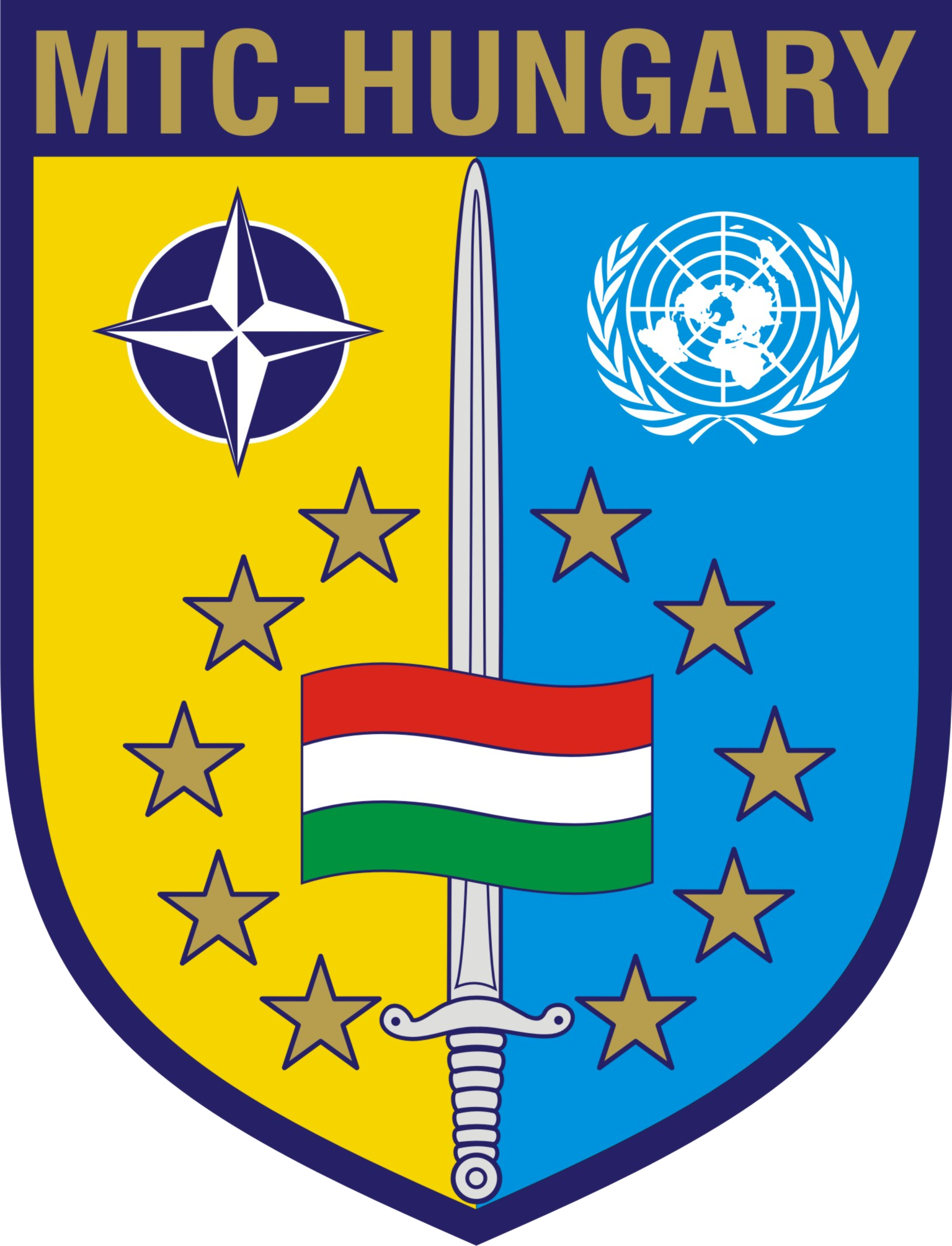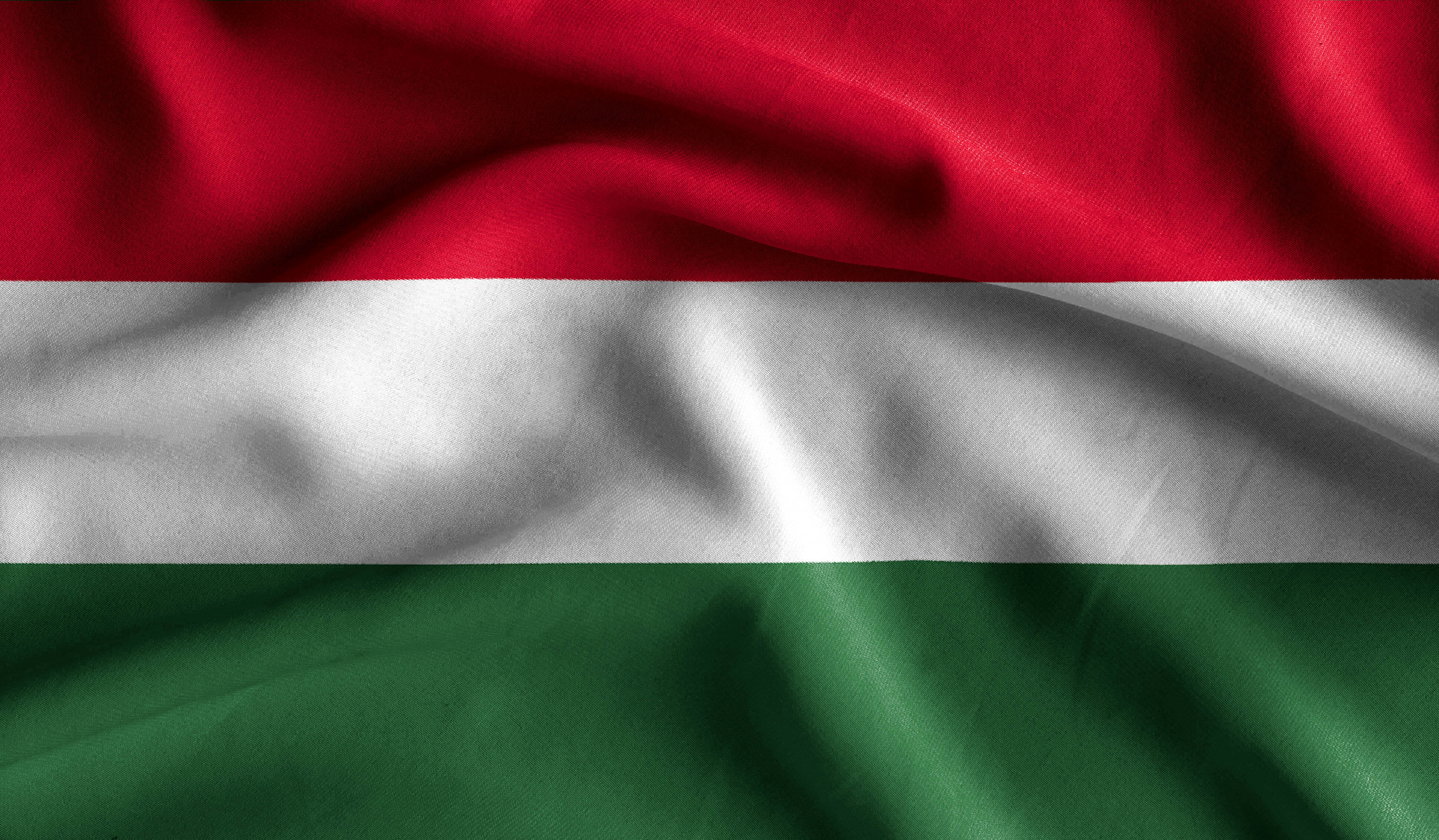
MISSION STATEMENT
To deliver internationally approved education and training in multinational peace support and humanitarian operations to selected commissioned and non-commissioned officers on staff level.
COMMANDER’S GREETING
The Hungarian Defence Forces Military Training Centre (hereinafter HDF MTC) has conducted a great number of national and international preparation training courses. Until the end of 2022, 7703 people participated in 371 national preparation programmes conducted by HDF MTC, whereas 1409 people completed 64 international courses.
With our homepage we aspire to present the unit, the dedicated work of those serving at HDF MTC, and bring the reader closer to this world, those soldiers and civilians who plan, organise and implement training courses in preparation for international tasks.
During the pre-deployment and training courses, the institution pays special attention to enabling course participants, in possession of the skills and knowledge acquired here, to successfully accomplish their mission in the operational theatre, thus facilitating the achievement of the operational objectives, and, in a wider sense, those of the Hungarian Defence Forces and its allies. For this reason, it is not only the processing of experiences and lessons learned from the theatres of operations that receives special emphasis, but also the ambition that the methodology of training and education follow the domestic and international trends, as well as, by applying new principles and procedures, and by increasing efficacy.
2013 saw the beginning of the development and establishment of the distance learning basic capability concept at HDF MTC in order to close on the current national and international trends in training and education, as well as reconsider and reshape the courses offered by the Centre via using new innovations and methodology. With the use of the ILIAS distance learning system developed by the University of Cologne, the instructors of the centre can create innovative and attractive modules that facilitate the supervision of the entire learning process. Utilizing the possibilities of the ILIAS system, the learning process can be customized to meet the needs of individual learners, thus bringing the effectiveness of training and education to a higher level.
The Hungarian Defence Forces places great emphasis on processing operational lessons learned, and the achievements of the HDF MTC are outstanding in this area. Among the military organisations of the HDF, it was our centre that elaborated and compiled the first electronic questionnaire focusing on peace support training. Since the testing phase, thousands of Hungarian and international soldiers, police officers and civilian attendees have answered those questions having completed training courses. Based on the analysis of suggestions, measures will be launched that greatly contribute to the further development of the standards of our training and education programmes.
Lieutenant Colonel Béla Görbe
Acting Centre commander
HISTORY
The legal predecessor of the Hungarian Defence Forces Military Training Centre (HDF MTC) was established within the framework of the HDF 1st Light Mixed Infantry Regiment so that it would provide pre-deployment preparation and training for the personnel of the then two major peacekeeping missions of the Hungarian Defence Forces – the United Nations Peacekeeping Force in Cyprus (UNFICYP), and the Multinational Forces and Observers (MFO) on the Sinai Peninsula. The military organisation became an independent structural unit on 27 May, 2004. With the increased participation of the Hungarian Defence Forces in international activities, the range of the unit’s missions has also expanded.
Besides preparing staff officers and non-commissioned officers for various missions in the Balkans theatre, Mali, Lebanon, Western Sahara and Georgia, hosting and conducting the International Military Observers’ Course, the Peace Support Operations Cooperation Course, other international programmes, as well as NATO and UN seminars, the activities of the training centre also include training and retraining courses. The centre pays special attention to create fruitful cooperation with other peace support training centres with connections to the UN, NATO and the European Union, which presents an excellent opportunity to enhance the capabilities of the training personnel, to exchange experiences gained during training courses and foreign deployments in the framework of instructors’ exchange programmes.
On 28 September 2006, the training centre was awarded a unit colour by the President of the Republic of Hungary.
OUR ROLES AND RESPONSIBILITIES
- to organise and conduct training and preparation programmes for Hungarian and international participants assigned for peace support and humanitarian operations led by various international organisations, such as NATO, the UN, the OSCE and the EU;
- to provide training and preparation both in Hungary and abroad for contingents assigned for international crisis management tasks, for staff officers and non-commissioned officers selected for operational headquarters, as well as for military observers;
- to cooperate with NATO, UN, OSCE and EU bodies and departments responsible for training;
- to be actively involved in the joint working groups of the NATO PTEC (Partnership Training and Education Centres), as well as instructor exchange programmes;
- to provide opportunities to participate in English-language professional training courses with the PTEC member states, organised in Hungary;
- to process the lessons learned by personnel having taken part in peace support operations, to organise and conduct professional conferences, and to incorporate lessons learned into the training process;
- to cooperate with the National Police Headquarters Police Education and Training Centre; to conduct joint preparations for the staff participating in the missions jointly operated by the HDF and the Ministry of Interior;
- to implement language proficiency assessment tests and language courses (e.g. English for Peace Operations), as well as English maintenance and refresher courses;
- to cooperate both in the assessment of the entry requirements for peace operations of personnel selected for foreign deployments and in the implementation of qualification and career testing;
- to preserve military traditions.






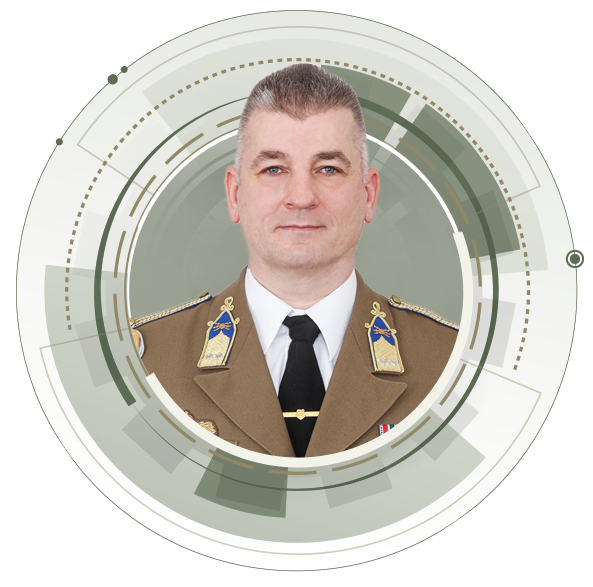 Görbe BélaActing Centre Commander
Görbe BélaActing Centre Commander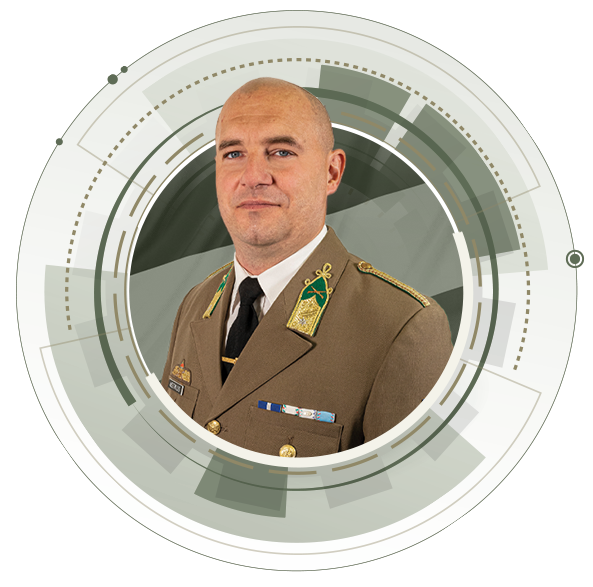 Asztalos LajosActing Deputy Commander
Asztalos LajosActing Deputy Commander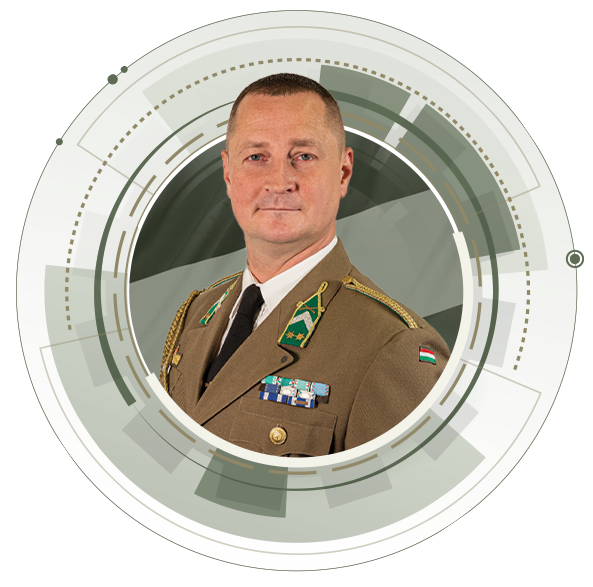 Bornemisza GézaCommand Sergeant Major
Bornemisza GézaCommand Sergeant Major



